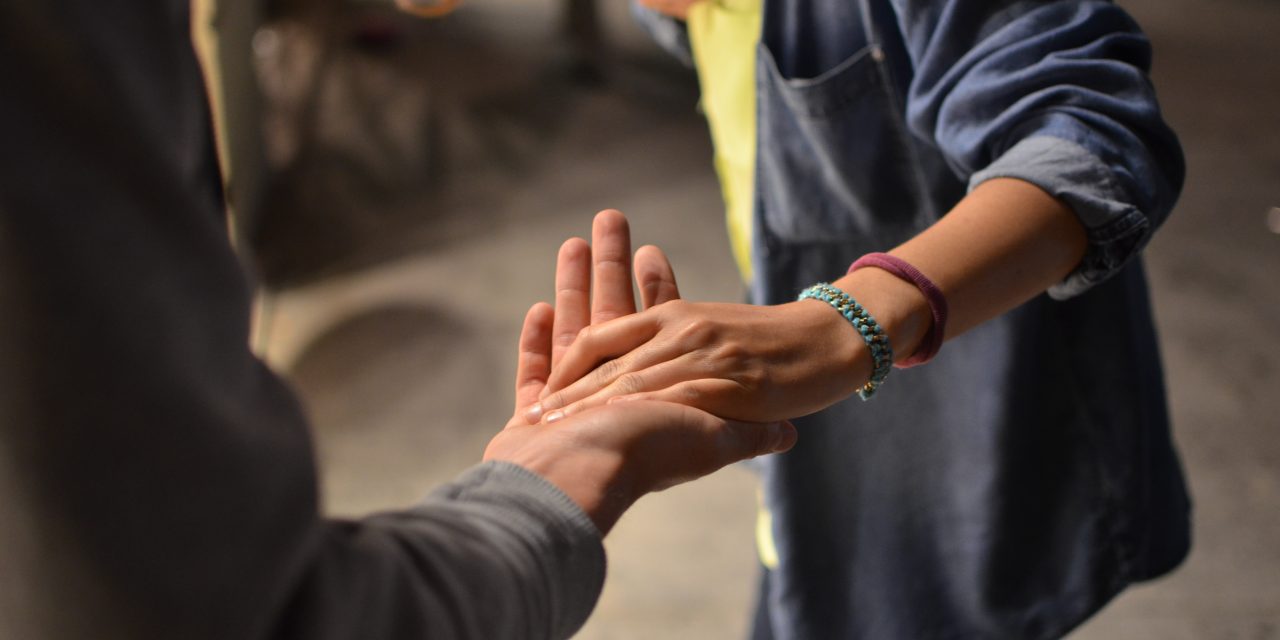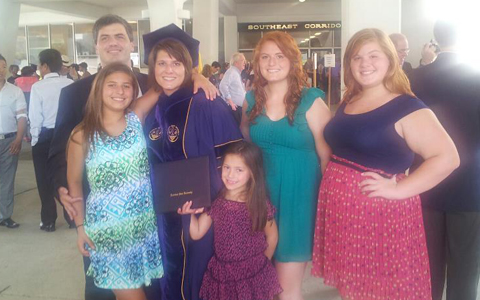Photo by Rémi Walle on Unsplash
Shortly after I came into the Catholic Church, a friend and fellow parishioner shared an observation with me after Mass one morning. His thought had a profound effect on me: “Randy, I have noticed that you really enjoy helping people. But, you are uncomfortable when people try to help you. By not allowing them the opportunity to help, you are denying them the very grace you are receiving from God when you help them.” I respected this friend. His fraternal correction stopped me in my tracks, and the conversation has stayed with me over the years.
The reasons for my challenges in this area are manifold and complex. But years of growing self-awareness has helped me understand that I do sometimes struggle to let people help me. In the context of this post, “help” can range from something as basic as listening to someone venting, to assisting a job seeker, to prayer for a special intention. I have been somewhat uncomfortable with people helping me since I was a teenager. Reaching out (first) with an offer of help to people I encountered allowed me to maintain a protective barrier around my heart. I could keep people at a safe distance.
I genuinely find pleasure in helping people. But I have recognized over the years that I was also serving a subtle need to maintain invisible barriers between me and others. I have often observed similar discomfort in others, especially men, with receiving help. Why do we sometimes struggle in this area? Conversations with people who I felt were similarly challenged, and my own prayer and self-reflection have led me to the following potential causes:
- Pride. We may be stubbornly avoiding assistance from others because of the sin of pride. “Do I need help? No thanks. I am doing great!”
- Emotional Immaturity. We may not be attuned to someone else’s desire to help us or understand their motivation.
- Fear of Weakness. We misinterpret accepting the generous help of another as a sign of weakness.
- Fear of Exposure. We don’t want to expose our flaws or problems to another and be seen as less than perfect.
- “One Up Syndrome”. For some of us, there may be a desire to have people in our debt and not the other way around. This is wrong on many levels! Help should always be given freely and accepted graciously…with no expectation of return from either side.
- Lack of Self–awareness. We may not know ourselves and our own challenges well enough to truly understand how to allow others to help us.
There are some reasons why we may struggle to receive help from others. The next logical question is this: What are we denying others when we are not accepting of their help? My friend pointed out that I was denying others the opportunity to receive God’s grace by my discomfort with receiving help. People offering unsolicited help or hoping to return our kind assistance may simply be acting out of generosity and love. Others may desire to help us out of a desire to restore poor self-esteem or overcome low self-confidence and see their offer of assistance to us as a way to feel “normal” again. I often see this in people experiencing job transition.
It may seem counter-intuitive, but I encourage all of us to seek out friends, family or anyone we encounter who is struggling with some challenge and sincerely ask them for help. I am sure we all have plenty of room for help in our lives! Plus, don’t we all stand a little taller and straighter when someone asks us for assistance? For many, this simple act of love and compassion from us may just make their day.
A lot of prayer, accountability from trusted friends and a sincere desire to change have helped me largely overcome my “help issues”, although I am still far from perfect. I have learned to not only better accept assistance, but to seek it out from my extended network. It is now more comfortable to ask for prayers for my family, support for my ministry work or ask for help in passing along the word about my latest book. If you are reading this and feeling convicted, know there is a path to change if we are willing to be humble, take it to prayer and seek out input from the honest voices in our lives.













